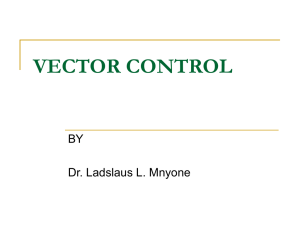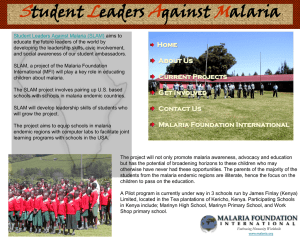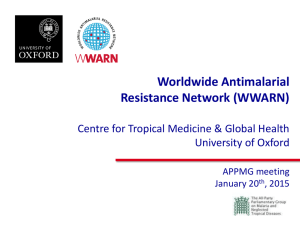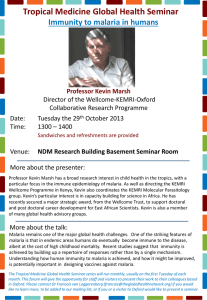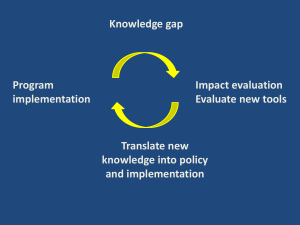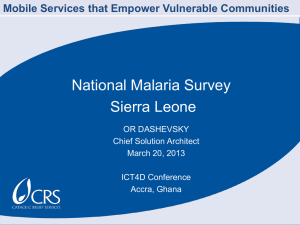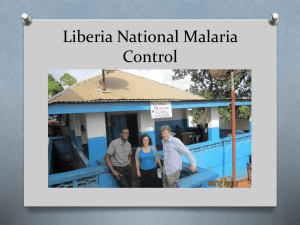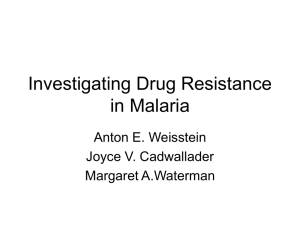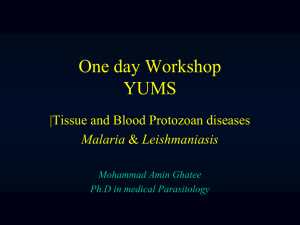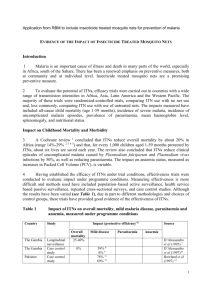Please click here to view the presentation
advertisement
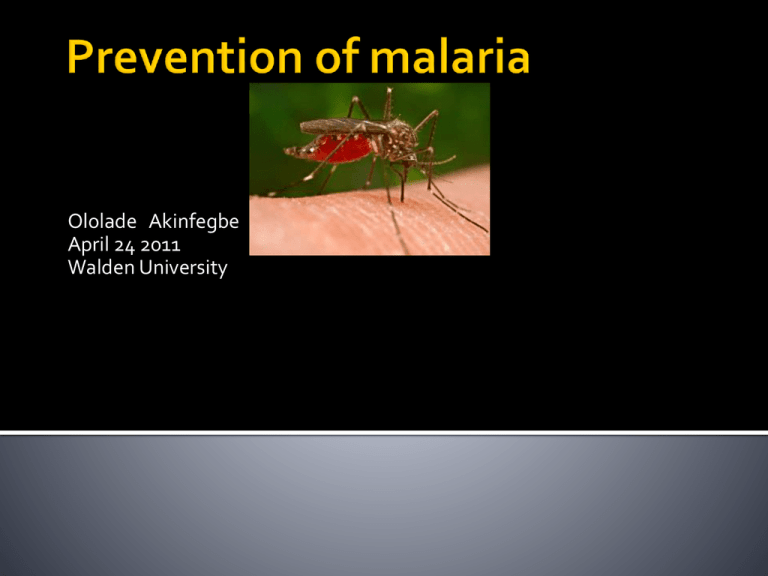
Ololade Akinfegbe April 24 2011 Walden University Prevention of malaria: ->To equip stakeholders with all necessary information on how to prevent malaria Rural dwellers Community health workers Non-governmental organizations. Malaria: life-threatening parasitic infection. Prevention: keeping of something from happening. Stakeholders: A person, group, or organization Major health problem in Nigeria -> 50% of out-patients visits -> 15% of hospital admission, -> One of the top three causes of death. Reference (Alaba and Alaba 2009). There are more than 225 million cases of malaria each year, killing around 781,000 people each year. Majority of deaths are of young children in Sub-Saharan Africa. Ninety percent of malaria-related deaths occur in sub-Saharan Africa References: WHO(2010) (Oyewole.I.O, Ogunnowo A. A, Ibidapo.C. A., Okoh H. I,. Awolola T. S and Adedayo M. A. 2010) Plasmodium parasite: can be contracted by sharing needles, transfusions or via the placenta. Malaria transmission: -> Influenced by climate. -> High humidity Human malaria: ->Plasmodium ovale, ->P. malariae, ->P. vivax, ->P. falciparum Reference Salako , Ajayi , Sowunmi and Walker (1990) Malaria can cause: -> Fever -> Shivering -> Joint pain -> Anorexia -> Vomiting -> Malaise ->Anemia ->Convulsions Primary prevention Secondary prevention Tertiary prevention Some primary prevention methods include: Vector control targeted at the environment Use of insecticide treated nets Indoor residual spraying using DDT Larval control Protective clothing Reference Hunponu-Wusu (2009) The main secondary form of prevention is chemoprophylaxis use to suppress malaria Drugs : -> Oral quinine -> Doxycycline -> Mefloquine -> Atovaquone -> Proguanil -> Artemether-lumefantrine Prompt diagnosis Early treatment of the disease Reduction of complications. Reference Nyamongo.I (2002). In conclusion malaria is a deadly but preventable disease which could be totally eradicated if necessary preventive measures are taken especially at the primary level with the help of our stakeholders. Alaba. A, Alaba. B (2009). Malaria in Rural Nigeria: Implications for the millennium development goal. Volume 21, Issue 1, pages 73-85 Business dictionary. Retrieved on April 23, 2011from: http://www.businessdictionary.com/definition/stakeholder.html Miller-Keane (2003) Encyclopedia and Dictionary of Medicine, Nursing, and Allied Health, 7th Edition. Saunders imprint of Elsevier, Inc. Nyamongo.I (2002). Health care switching behavior of malaria patients in a kenyan rural community. Social science and medicine. 54 (3) 377-86 Oyewole.I.O, Ogunnowo A. A, Ibidapo.C. A., Okoh H. I, Awolola T. S and Adedayo M. A. (2010) Epidemiology of malaria and insecticide resistance burden in Nigeria. Journal of Public Health and Epidemiology Vol. 3(1), pp. 6–12 Salako. L, Ajayi. F, Sowunmi.A, Walker. O. (1990) Malaria in Nigeria. 84(5):435-45. World Health Organization (2010) world malaria report. Retrieved on April 23, 2011 from: http://www.who.int/malaria/world_malaria_report_2010/worldmalariareport2010.pdf
